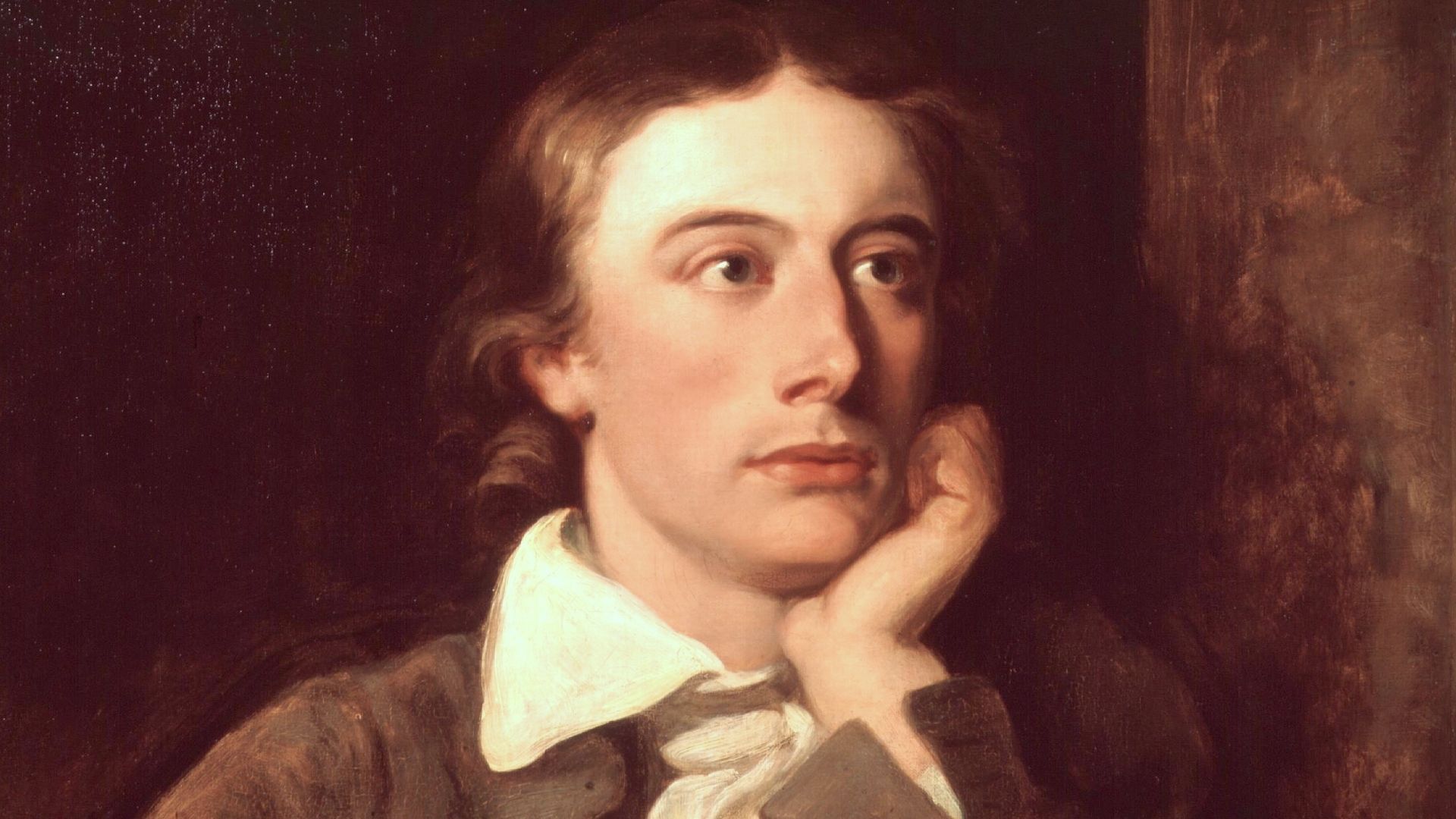Tuesday, March 23, 2010
Imitation Of Spenser Comments
Rating: ★2.8
Now Morning from her orient chamber came,
And her first footsteps touch'd a verdant hill;
Crowning its lawny crest with amber flame,
...
Read full text

This is a crucial poem for our understanding of Keats as a writer. It is clear he loved and admired Spenser, but was also extremely aware of the dangers of creating in poetry an ideal world, which is remote from human experience. He himself, almost uniquely among the poets of the romantic era. never falls into the trap. The beauty of the writing must always be the servant of the emotion it describes, never vice versa. For him Art for Art's sake would always be an anathema and though he chooses many highly 'poetic' themes, Time, Love, Transcience, The Inevitability of Death etc, we always feel the experience described is real, never artificial.